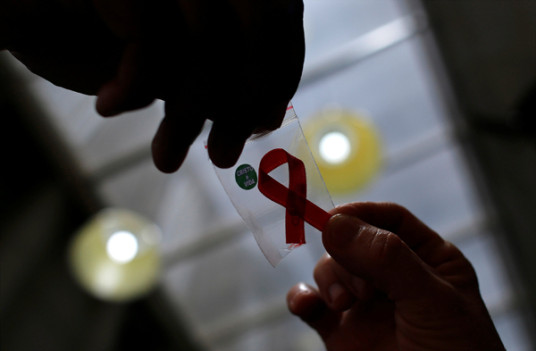Researchers believe new HIV drug fixes gaps in treatment
 |
|
[File photo/Agencies] |
Chinese developers of a drug to treat HIV said on Thursday they are hopeful it will overcome the shortcomings of a similar treatment in use for over a decade.
The National Medical Products Administration on Sunday approved clinical trials of Thioraviroc, which was developed by researchers at the Shanghai Institute of Materia Medica and the Kunming Institute of Zoology of the Chinese Academy of Sciences.
Thioraviroc acts as an "antagonist" against a receptor called CCR5, which along with another receptor is necessary for the virus to enter human cells and replicate.
Liu Hong, a researcher at the Shanghai Institute of Materia Medica, said Thioraviroc inhibits HIV replication at the early stage of infection by acting on the CCR5 receptor.
"That makes Thioraviroc a potential therapy in the treatment of AIDS," she said on Thursday.
The drug has also been granted patents in the United States, Europe, Russia, South Korea and Australia, she said.
Liu said Maraviroc is the only other drug targeting the CCR5 receptor that helped control HIV. It was developed by drug company Pfizer and approved by the US Food and Drug Administration in 2007.
However, Liu said it was only of limited use due to limitations. According to the drug description, Maraviroc inhibits the normal function of some enzymes that are key for humans to metabolize drugs.
"However, Thioraviroc, based on preclinical studies, has not shown such defects, which makes it much safer," she said.
According to the Chinese Center for Disease Control and Prevention, the number of people living with HIV in China was about 850,000 as of September, with about 80,000 people infected each year.
